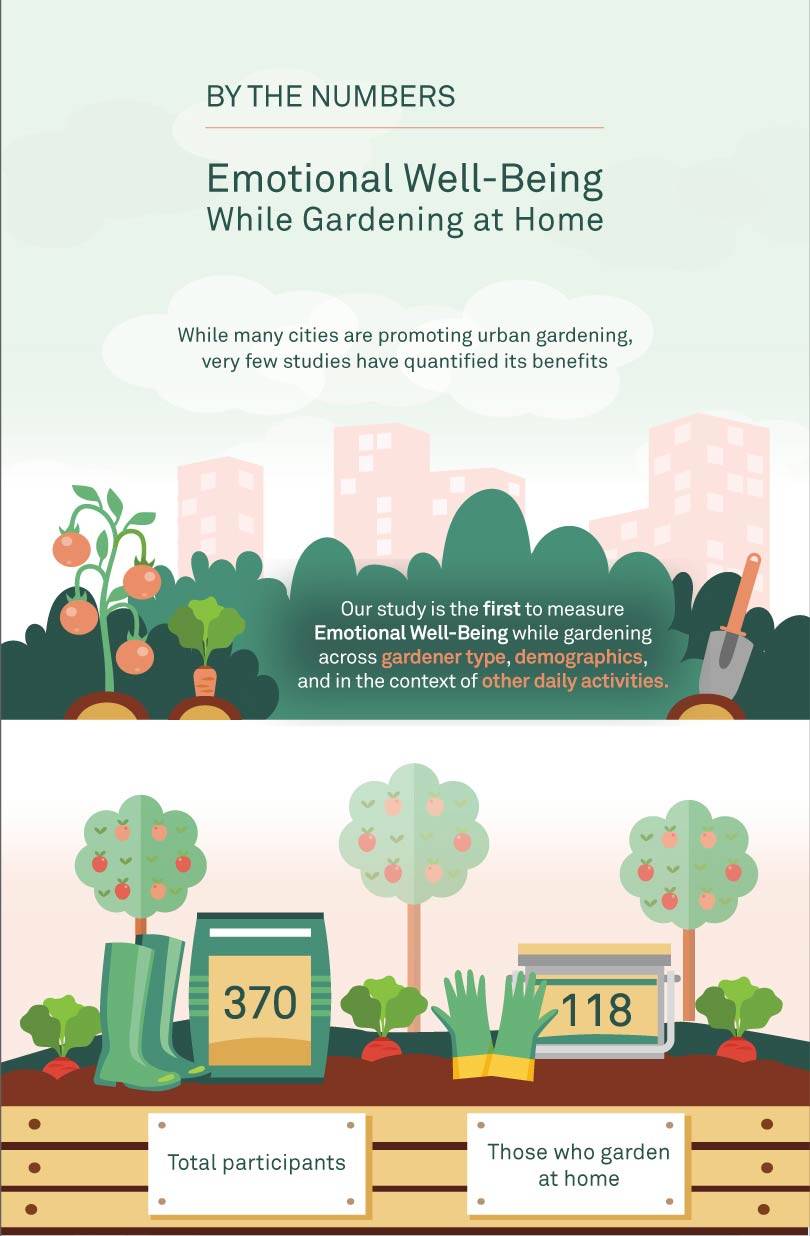City Blooming - The Facts
City Blooming - The Facts
Blog Article
City Blooming - Questions
Table of ContentsFascination About City BloomingNot known Details About City Blooming Getting My City Blooming To WorkExamine This Report about City BloomingFascination About City Blooming
Nature has amazing effects on our physical and mental health, so it's no surprise that a simple succulent on a desktop or some potted natural herbs on a windowsill can quickly enhance a room. Take those plants a step further, and you'll cross into the area of urban gardening, which brings a lot more advantages to individuals and areas alike.What Are Urban Gardens?Urban gardening, occasionally referred to ascity gardening, is defined as "the procedure of growing environment-friendly rooms in urban settings. "It includes a selection of projects from city farming to patio area gardens to neighborhood yards - landscaping. Urban yards can be often tended by people, groups, firms, or companies. The amount and range of food expanded can vary extensively, as well as the size of the task itself, yet metropolitan gardening initiatives are all rooted in a city setting.
Whether they are composed of a collection of pots on a balcony or a collection of stories on an uninhabited whole lot, these yards provide even more than food, offering a host of environmental, economic, and social benefits. Because fruit and vegetables is expanded in regional setups rather than far-away ranches, urban gardening lowers transport demands, consequently lowering carbon emissions.
The Buzz on City Blooming
Lasting and organic agriculture removes or decreases much of the ecological injury that would be sustained by industrial agricultural approaches. Green spaces in cities assist minimize the city warm island impact. Urban agriculture boosts local economic climates and sustains local food producers. Area gardening jobs usually supply food at little or no cost, which helps reinforce food budget plans and increase food protection. Urban gardens can be tools of social change that address injustices, systemic racism, and community growth concerns. Right here at Appetite For Change, we make use of food as a device to construct health and wellness, wealth, and social change in North Minneapolis. We bring people with each other to find out, cook, eat, and expand food, producing change that lasts.
Together, we can develop well-rooted and prospering modification!.

The main lesson we, as soon as again, need to learn is that cities are not divorced from nature. https://zenwriting.net/cityblooming/welcome-to-our-website-city-blooming-is-all-about-city-and-urban-gardening. While these areas of research advertise cities as beneficial, no city is ideal not even close, and the vulnerabilities and interconnections of the global supply chain has actually impacted all of us in unforeseen means.
The Ultimate Guide To City Blooming
I will take a look at versions from the past that promoted metropolitan yards and garden enthusiasts, and show what functioned and what did not. I will certainly discuss the chances and challenges of being a metropolitan gardener, what is required to establish a garden of your own, and what regulations and criteria stand in the method of making cities better at promoting city gardens.
The amount of time threw away obtaining to and from traditional work environments has actually been well documented. One significant research study wrapped up that before the pandemic, Americans threw away approximately 54 hours a year commuting. The accumulated adverse results of pollution and stress and anxiety that arise from commuting alone by car as many Americans do are considerable.
The ability to come to the office for partnership and society, and stay home for concentrated job is a concept that conserves time, is much better for the environment and is a smarter use of limited resources. What hasn't yet taken hold is the connection in between these modifications in behaviors and exactly how cities might react.
Some Known Questions About City Blooming.
What are the wellness effects of our cities suddenly overdesigned for automobiles? Exactly how can our city infrastructure (roadways, energies) perform much better, not only as avenues to move people and items, however as contributors to natural systems? Urban sensations such as smog, poor water quality and the 'warmth island effect' can be alleviated by greening our streets, energizing our automobiles and growing our car park.
In a recent post in the Wall surface Road Journal, Richard Florida discussed the phenomenon of 'zoom cities,' which attract remote employees by producing a photo of a better of life (eco-friendly practices). He wrote: "For cities, remote job changes the emphasis from tempting companies with special deals to luring skill with solutions and services
Urban horticulture now has lots of alternatives to help you grow food wherever you have area, such as with container horticulture, hydroponic gardening, and roof horticulture. This indicates you can regulate the location where you expand the food, and stress much less regarding environmental conditions like drought or chilly weather condition. You can choose what you intend to grow, just how you wish to grow it, and where you wish to grow.
City Blooming for Beginners
Expanding mass-produced food with standard farming techniques takes a great deal out of the world. Beyond the many resources that are used on the farm, the food then needs to be carried from where it is expanded to a store near you. That requires burning a lot of gas. Usually in the U.S., food is currently transported between 1,500 and 2,500 miles to get to the customer.

Report this page